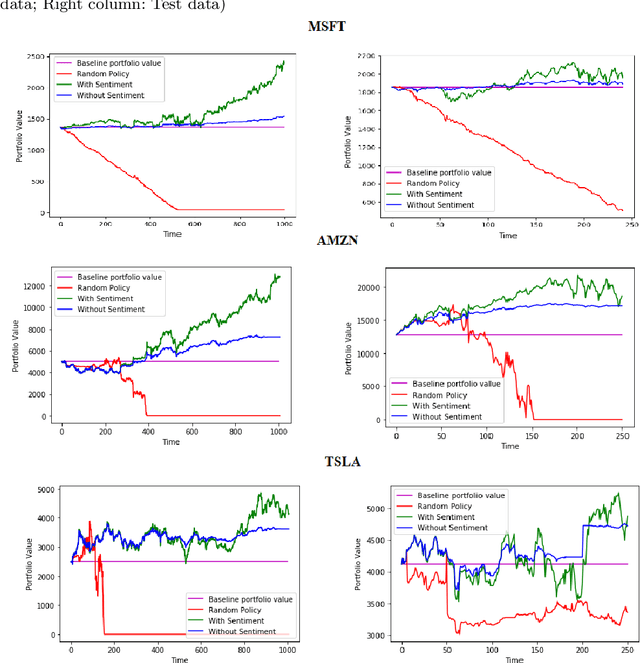Anandh Perumal
ANA at SemEval-2020 Task 4: mUlti-task learNIng for cOmmonsense reasoNing
Jun 29, 2020Abstract:In this paper, we describe our mUlti-task learNIng for cOmmonsense reasoNing (UNION) system submitted for Task C of the SemEval2020 Task 4, which is to generate a reason explaining why a given false statement is non-sensical. However, we found in the early experiments that simple adaptations such as fine-tuning GPT2 often yield dull and non-informative generations (e.g. simple negations). In order to generate more meaningful explanations, we propose UNION, a unified end-to-end framework, to utilize several existing commonsense datasets so that it allows a model to learn more dynamics under the scope of commonsense reasoning. In order to perform model selection efficiently, accurately and promptly, we also propose a couple of auxiliary automatic evaluation metrics so that we can extensively compare the models from different perspectives. Our submitted system not only results in a good performance in the proposed metrics but also outperforms its competitors with the highest achieved score of 2.10 for human evaluation while remaining a BLEU score of 15.7. Our code is made publicly available at GitHub.
Sentiment and Knowledge Based Algorithmic Trading with Deep Reinforcement Learning
Jan 26, 2020

Abstract:Algorithmic trading, due to its inherent nature, is a difficult problem to tackle; there are too many variables involved in the real world which make it almost impossible to have reliable algorithms for automated stock trading. The lack of reliable labelled data that considers physical and physiological factors that dictate the ups and downs of the market, has hindered the supervised learning attempts for dependable predictions. To learn a good policy for trading, we formulate an approach using reinforcement learning which uses traditional time series stock price data and combines it with news headline sentiments, while leveraging knowledge graphs for exploiting news about implicit relationships.
 Add to Chrome
Add to Chrome Add to Firefox
Add to Firefox Add to Edge
Add to Edge